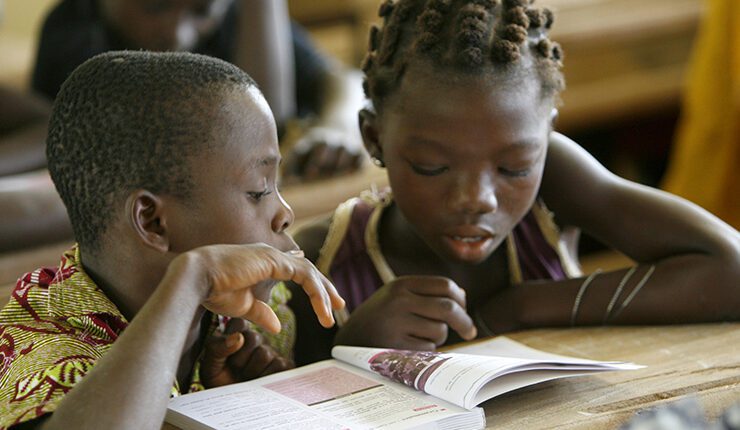ILO Conventions No. 138[2] on the minimum age for employment and Convention No. 182 on the Worst Forms of Child Labour have been ratified by Ghana as part of activities marking the 2020 World Day against Child Labour.
Ghana’s ratification of the ILO conventions is said to deepen the country’s commitment to eliminating all forms of child labour, particularly on cocoa farms.
According to the ILO, an estimated 152 million children between the ages of five and 17 were in child labour globally, with almost half of them, 73 million, in hazardous work.
Child labour is concentrated primarily in agriculture reporting 71 percent of all cases. This includes fishing, forestry, livestock herding and aquaculture. The services sector also represents 17 per cent; while the industrial sector, including mining, takes 12 per cent.
Issues of labour are particularly topical in the cocoa and chocolate industry, where players are racing at all fronts to eliminate the phenomenon.
Observing the World Day against Child Labour, last Friday, the Government of Ghana reported gains made in addressing the perceived incidence of child labour in the country, contrary to a yet-to-be-launched United States sponsored report that painted a rather grim picture.
The two top producer nations of cocoa, Ghana and Ivory Coast, are already contesting the conclusions of the survey by the University of Chicago funded by the United States Department of Labour (USDOL), which reported that child labour is not declining in the two nations.
Employment and Labour Relations Minister Ignatius Baafour-Awuah told Parliament that “the inaccuracies and misconception contained in the report could have severe consequences for the cocoa sector if not corrected.”
He said: “We have initiated processes aimed at remedying the situation and this would take the honest cooperation of USDOL.”
Mr Baafour-Awuah said the Ministry and its partners were preparing to assess the full impact of various interventions on child labour through a nationally representative survey and stressed an urgent need to take new and pragmatic steps to sustain the gains made so far in the fight against child labour.
He identified the causes of child labour to include poverty, limited access to decent work opportunities for families, ignorance, lack of access to quality education and irresponsible parenting.
The Minister noted that Covid-19 had predisposed children to risk factors, and “if immediate action is not taken, the impact of measures being taken to contain the spread of the virus will have negative consequences on children.”
Mr Baafour Awuah announced that the Ministry, with other stakeholders had developed Protocols and Guidelines for declaring Child Labour Free Zones in Ghana, intending to ensure that Metropolitan, Municipal and District Assemblies put in place measures and systems to monitor, prevent and withdraw children from child labour in their areas of jurisdiction.
The ILO estimates that children would be the hardest hit because 42-46 million of them could fall in extreme poverty in 2020, in addition to an estimated 386 million children who were already in extreme poverty in 2019.
“…The continuous stay of children at home could also further expose them to all kinds of abuses. Girls may be burdened with domestic chores and predisposed to sexual abuse,” the Minister said.
He appealed to Government Departments and Agencies to commit to the execution of their respective roles in Phase II of the Ghanaian National Plan of Action in the fight against child labour.
A legislator representing the people of Afram Plains, Ms Betty Crosby Mensah, cautioned against the criminalisation of traditional practices that helped parents to impart knowledge to their children when they helped with household chores.
Child labour defines the exploitation of children through any form of work that deprives them of their childhood, interferes with their ability to attend regular school, and is mentally, physically, socially or morally harmful.
- Major Ghana Cocoa Region 81% Infected with Bean Disease - July 22, 2024
- Ghana to Delay More Cocoa Deliveries as Supply Crisis Worsens - June 12, 2024
- Cocoa Production Helping Mitigate Climate Change Impact - June 10, 2024
